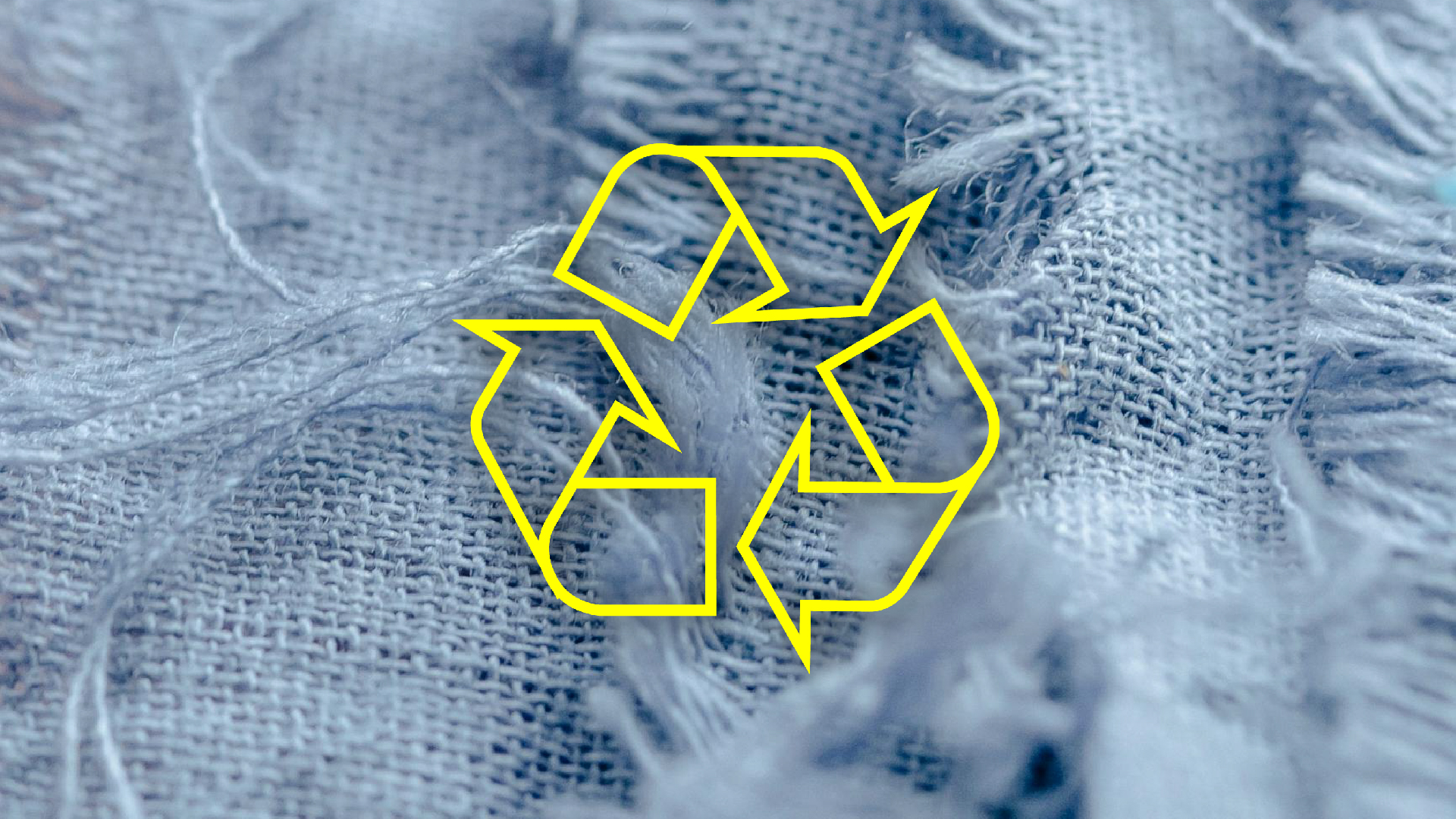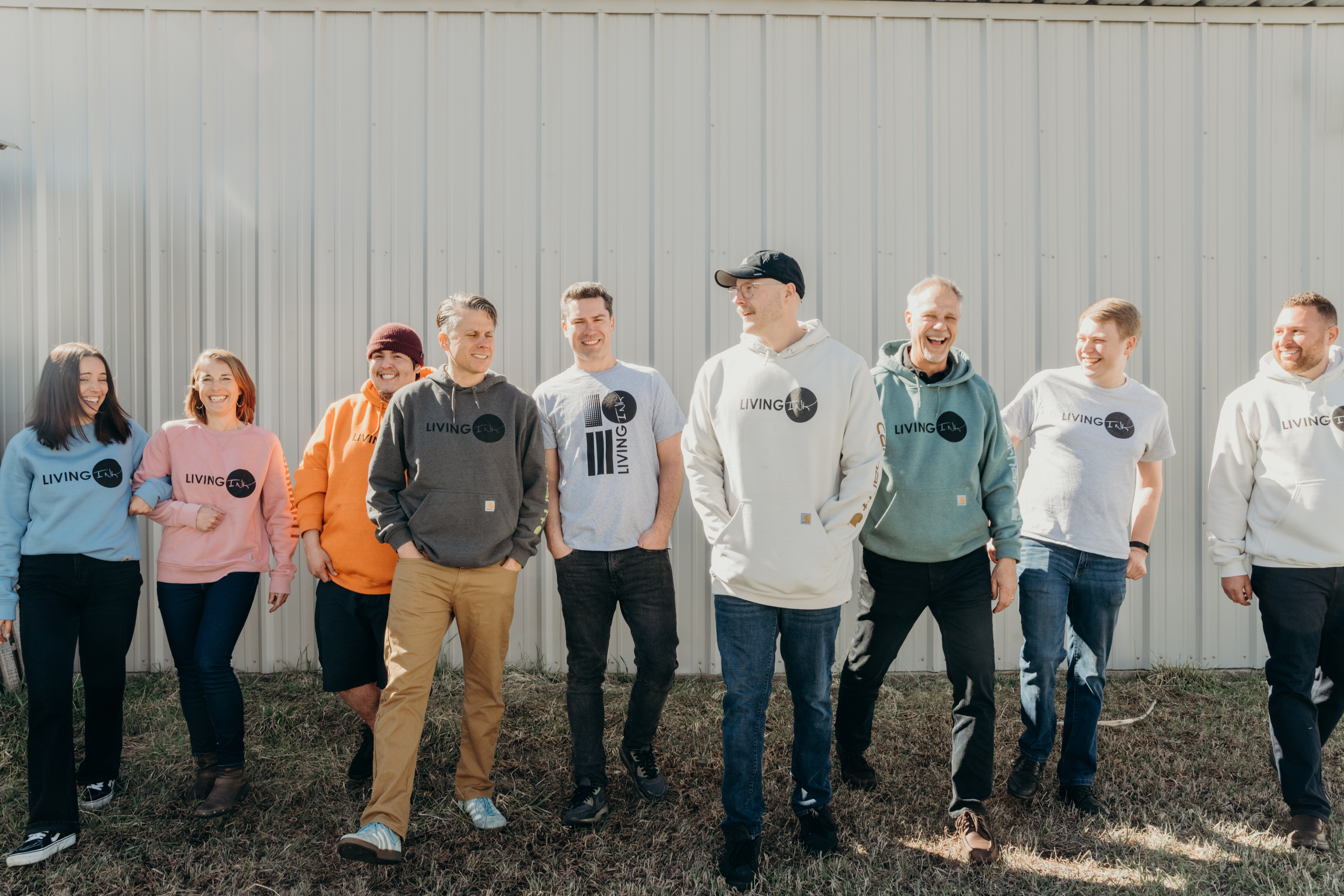Levi Strauss & Co. Joins Fashion for Good
8 April 2021
AMSTERDAM – Today Fashion for Good announces the official partnership with Levi Strauss & Co. “We’re incredibly proud to welcome them as a corporate partner and excited to collaborate together, further helping them in executing and achieving their ambitions towards affecting positive change in the fashion industry,” says Katrin Ley Managing Director Fashion for Good.
“Levi Strauss & Co. has a deep commitment to sustainability and innovation, demonstrated by the pioneering of a range of sustainable solutions in raw materials, dyeing, finishing and circularity amongst others, along their supply chain,” said Katrin Ley, managing director of Fashion for Good.
Levi Strauss & Co. has been an innovator in sustainable design and production practices for quite some time. Many of the programmes they talk about most often are Water<Less®, Screened Chemistry and cottonised hemp, all came from within the company. “But we also know that we can’t work alone if we’re going to do our part to deliver solutions on an industry-wide scale or reach the ambitious goals we’ve set for ourselves. There are networks we need to tap into, innovations we can benefit from, and solutions we can help to scale. And that is precisely why we have joined Fashion for Good,” quotes the statement of Levi Strauss & Co. on Levi Strauss & Co. UNZIPPED.
“We are proud to be part of Fashion for Good, because it is the only circular innovation platform in the industry founded on the principles of collaboration and scale,” said Jeffrey Hogue, LS&Co.’s Chief Sustainability Officer. “Fashion for Good is unique in that it is backed by deep expertise in sustainability and circularity in the apparel and fashion industry. This will supplement the strengths of our Wellthread™ and technical innovation programmes and provide additional opportunities to scale breakthrough innovations across our product assortment and supply chain.”
“We plan to leverage Fashion for Good’s expertise and network to create pilots to address the most pressing sustainability issues our value chain faces. We will also focus on collaborative projects to address the challenges of plastics; sorting technologies for recycling garments; fiber transparency and traceability; and the potential of shifting from wet to dry fabric and garment finishing processes. In the near-term, we aspire to increase circular innovation in our products and create a more sustainable, less resource consumptive business. We see this collaboration as essential in helping us deliver on our long-term sustainability goals and our vision to have an outsized positive impact on the apparel industry and the planet.”
Original article first published on Levi Strauss & Co. UNZIPPED
Other Articles

In conversation with Smartex: Explore Smartex’s AI-driven solutions transforming quality control and reducing waste

Fashion for Good and Textile Exchange Team Up to Trace Textile Waste

